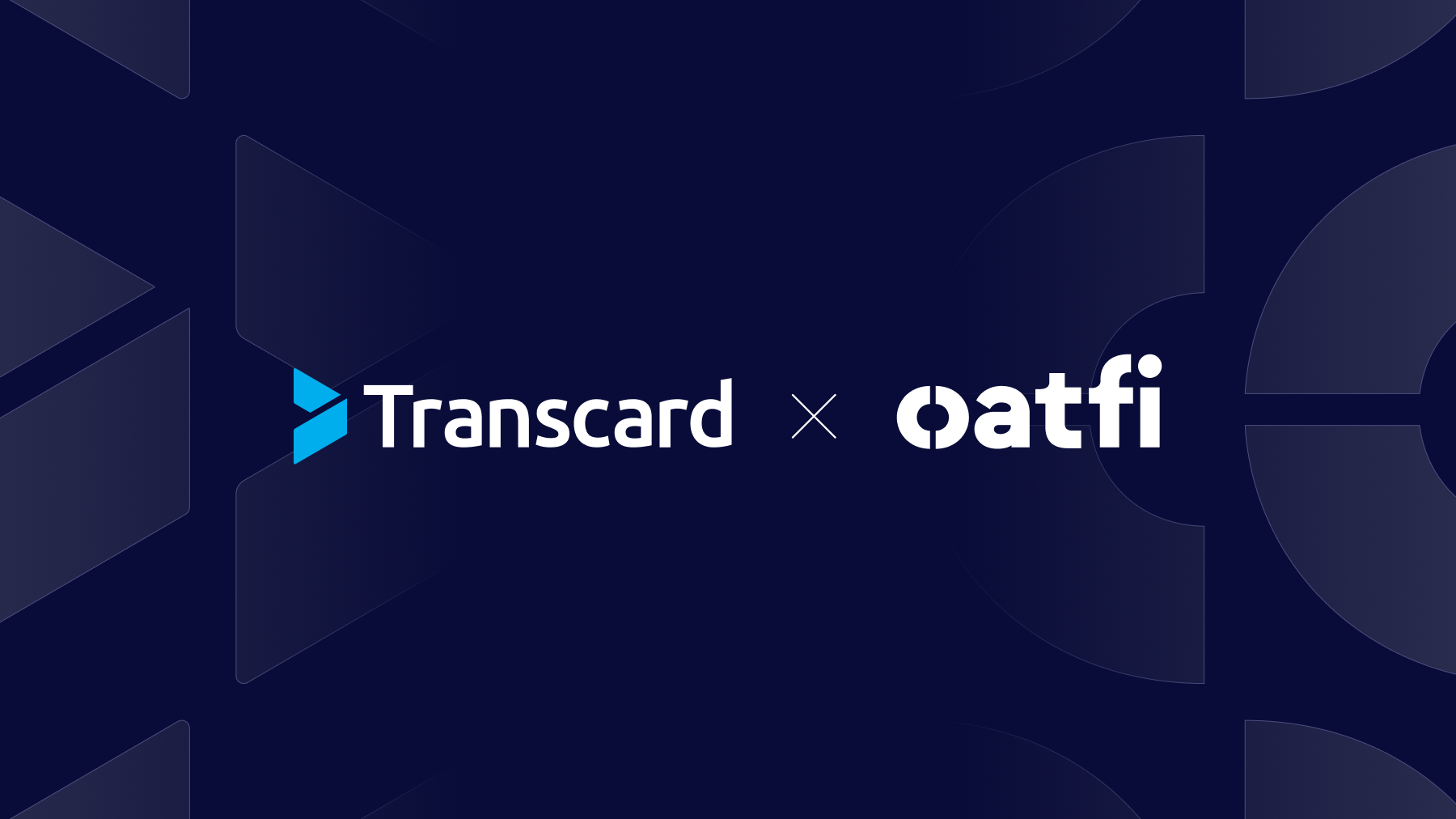To CFOs, the notion of leveraging “open” technology may seem contradictory.
CFOs have a duty to rigorously protect their company’s assets. Hold things close to the vest.
But to ensure that their company keeps pace and remains competitive – constantly innovates, creates new services and channels, and addresses new regulations – CFOs must embrace open application program interfaces (APIs), tools that enable software programs to interact with each other. APIs have been around for decades, but the technology has become more sophisticated and more open.
While using open APIs might seem counterintuitive to CFOs charged with growing corporate assets, the results of using open APIs to build financial applications are remarkable – faster time-to-market, a better customer experience, streamlined product development and reduced regulatory and fraud risk. The capabilities enabled by open APIs also may allow a business to grow enter new markets and grow its revenues. And open APIs extend the value of pricey legacy systems with modern tools.
Overall, studies show that enterprises with advanced approaches for leveraging APIs achieve significantly better business results than enterprises that use APIs in traditional ways.
All this is music to a CFO’s ears.
How Development Impacts the Bottom Line
The software and product development function at most businesses historically has been rigid, slow and risky. This is especially true when it comes to developing payments applications. Capital and depreciation costs are often high. Projects can drag on. Cost overruns are common. The status of projects is hard to ascertain. Ever-changing customer needs go unmet. Risks loom large.
CFOs know that none of this is good for a company’s bottom line or its competitive position.
Open APIs facilitate continual innovation by providing developers with access to proven tools for creating general ledger accounts and sub-accounts, making and receiving payments in any method, digitizing workflows such as multi-party endorsement, and complying with regulatory guidelines.
With the open APIs offered by leading providers of omni-channel payment solutions, software and product developers can quickly and securely connect their applications to a robust payments platform that is PCI Level 1 Certified, supports multiple real-time payment methods, and does not restrict the number of connections to the payments platform. Some omni-channel platforms also have built-in business intelligence tools for tracking payments and configurable real-time payment notifications.
And leading providers of omni-channel payment solutions collaborate with software and product developers to identify the business requirements, develop a project plan, and set pricing.
4 Reasons CFOs are Embracing Open APIs
The open APIs in omni-channel payment solutions address the biggest challenges that CFOs face.
- Better business growth. Boards of directors expect a CFO to be more than be a financial scorekeeper. Boards of directors want their CFO to develop strategies for driving business growth. By digitizing payments with open APIs, CFOs can free up cash on existing revenues through revenue-share on card payments, early-payment discounts, extended Day’s Payable Outstanding, and cost savings.
The cash that CFOs free up through payments optimization can be invested in growth-generating activities such as product development and marketing. What is more, the business intelligence tools that come with some open APIs help CFOs uncover opportunities for greater revenue growth through the analysis of payment trends.
- Less waste. Silicon Valley legend Marc Andreesen once declared that, “software is eating the world.” There is no question that technology is accelerating the rate of change that CFOs face – disruptive competitors, emerging technologies, new product and service offerings and heightened customer demands. This is especially true when it comes to making and receiving payments.
Businesses must manage new payment types, new payment channels, exploding volumes of payment data and new payment regulations. Open APIs help CFOs future-proof their business by providing their software and hardware developers with the flexibility to quickly adjust applications to address the evolving payments landscape.Open APIs also are the glue that connects payments to a company’s myriad enterprise systems.
Open APIs are the easiest way to unlock the value of enterprise payments information. And leveraging open APIs from leading omni-channel payment solutions – rather than trying to build payment capabilities from the ground-up – provides CFOs with peace of mind that the payment projects their IT staff develops will be delivered on-spec, on-time and on-budget. Open APIs also can reduce labor costs as the technology can eliminate some of the manual tasks required in a less-automated environment, or one with poorly integrated systems.
- Enhanced customer experience. Delivering a superior customer experience can be as big a factor as pricing when it comes to attracting and retaining customers. But legacy systems can make it hard to deliver the on-demand services that customers, especially millennials, expect. More customers want to do business with companies that are innovative.
CFOs know that rigid legacy systems their business at a disadvantage to nimble “digital born” competitors. Open APIs enable businesses to level the playing field by quickly offering state-of-the-art payments capabilities that are tightly connected with their financial systems and processes. Open payments APIs create opportunities for businesses to engage with its customers in new ways, potentially improving brand loyalty and customer retention.
For instance, the single sign-on capabilities built into some omni-channel payment solutions removes a barrier that could keep customers from purchasing a company’s products or services. Open APIs also make it easier to meet the diverse needs and wants of their customer base. And banks have found that open APIs broadens the appeal of their services, even against agile FinTechs.
- Less risk. The record-high number of fraud attempts combined with mounting regulations have raised the stakes for businesses to safeguard their payments and related data. Open APIs enable a business to mitigate potential risks by leveraging the hardened infrastructure and controls developed by providers of omni-channel payment solutions. And open APIs eliminate the need for businesses to rely on insecure screen scaping to capture data. This means CFOs can rest easy knowing that their sensitive data and business is safe.
Understanding the Importance of a Technology-First Platform
CFOs cannot turn their backs on the benefits offered by the open APIs in payment solutions.
Thousands of companies offer APIs. Some prominent technology firms generate more than half their revenue from APIs. And researchers predict that these trends will become much more widespread.
Succeeding in today’s increasingly competitive global economy requires a “technology-first” mindset. CFOs are turning to open APIs to do that. Open APIs can result in smarter, faster and less risky software and product development. Importantly, companies can significantly expand their revenues by leveraging blockbuster technologies such as omni-channel payment solutions.
All this makes the open APIs offered by omni-channel payment solutions providers much more than a technical concept. They are a strategic tool for helping CFOs achieve their growth strategies.




